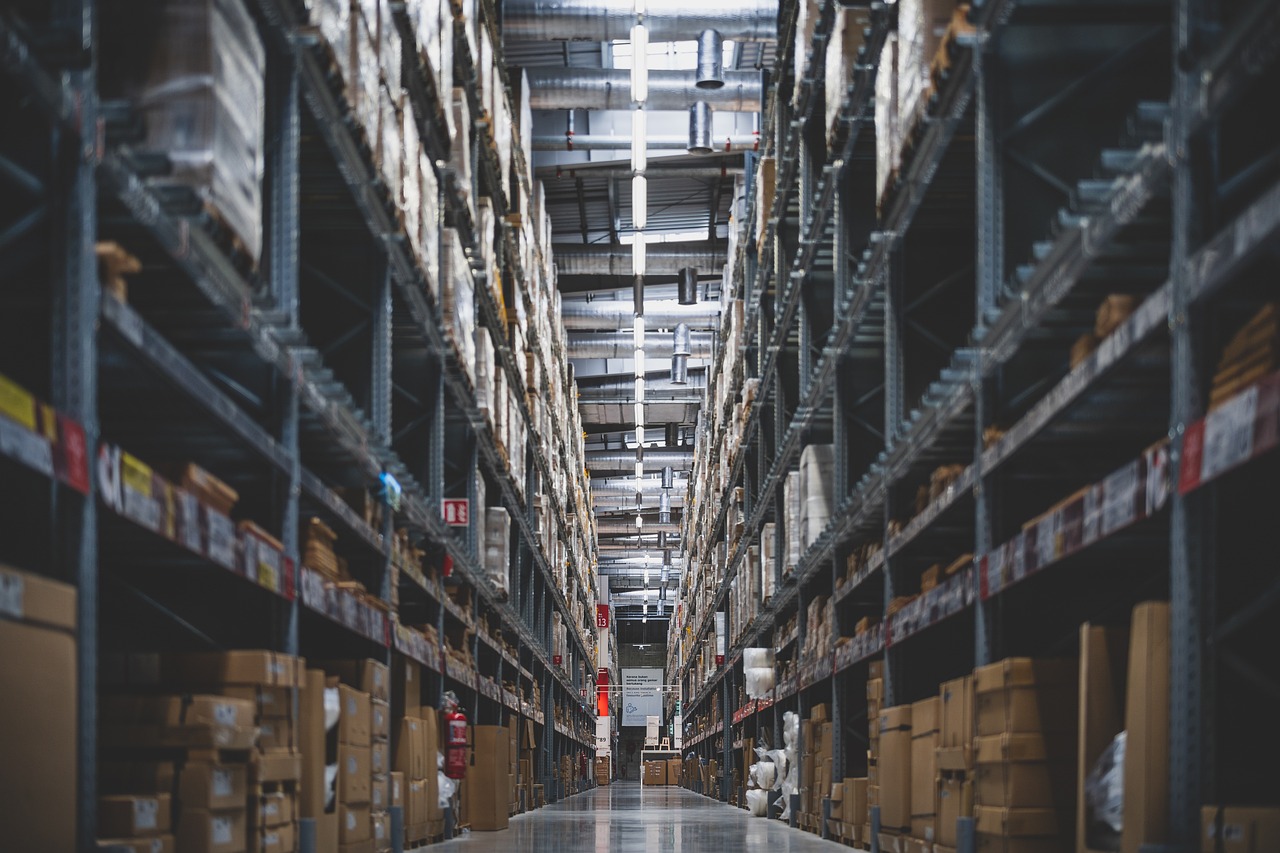
I. FoodExport agentWhat are the core items included in the fee?
Professional foreign trade agency service fees typically include the following essential items:
- customs clearanceService expenses: Including HS code classification and preparation of declaration documents (new EU food traceability label requirements for 2025)
- Logistics service fee: Including transportation mode selection (sea/air/cold chain), destination port customs clearance coordination
- Cost of Document Processing: Including special documents such as FORM E Certificate of Origin, Health Certificate, and Phytosanitary Certificate.
- Commercial compliance services: FDA registration (United States), CE certification (European Union), and other regulatory compliance reviews
2. What changes will occur in the mainstream billing models by 2025?
Currently, the industry primarily adopts three billing methods:
- Fixed service packages: Basic service fee: 8,000-15,000 RMB per order (applicable to standard container food exports)
- Percentage commission based on the value of goods: 0.8%-1.5% (The average rate of frozen food in 2025 will decrease by 0.2% compared to 2023)
- The mixed billing model: Fixed fee + 0.3%-0.5% of cargo value commission (emerging intelligent customs clearance systems can reduce labor costs by 25%)
III. What factors contribute to variations in agency fees?
- Product characteristics:
- Frozen food requires cold chain payment.Additional fees(40-60% higher than general cargo)
- Meat-containing ingredients require payment for quarantine treatment in epidemic areas.
- Conditions of Trade:
- The agency fee under FOB terms is on average 15% lower than that under CIF.
- The DDP terms shall include VAT accounting services in the destination country.
IV. How to effectively reduce agency costs?
- Bulk negotiation strategy:A 10% rate discount is available for exporting six consecutive containers.
- Document Pre-Review Mechanism: Submitting materials 14 days in advance can avoid expedited processing fees (saving 500-2000 yuan per order).
- Application of Digital Platforms: The use of blockchain traceability systems can reduce compliance review time by 30%.
V. Analysis of Common Billing Disputes in 2025
According to the foreign trade service dispute data from the General Administration of Customs in 2024, the disputes mainly focus on:
- Hidden additional fees: Peak season port congestion surcharge (upper limit must be specified in the contract)
- Exchange rate fluctuation difference: It is recommended to choose a service contract denominated in RMB.
- Return Processing Fee: It is necessary to clarify the division of responsibilities between quality issues and documentation errors.
VI. Three Key Verification Points for Selecting a Proxy Service Provider
- InspectionGeneral Administration of Customs WebsiteFiling Information
- Please provide export cases of similar food products from the past 12 months.
- Please confirm whether you hold the AEO Advanced Certification (customs clearance efficiency improved by 50%).
Specific recommendations :The "Imported Food Management Measures" implemented from January 2025Export foodThe revised "Safety Law" requires that agents must hold HACCP system certification. When selecting service providers, it is essential to verify the relevant qualification documents.


 Follow Customer Service WeChat
Follow Customer Service WeChat